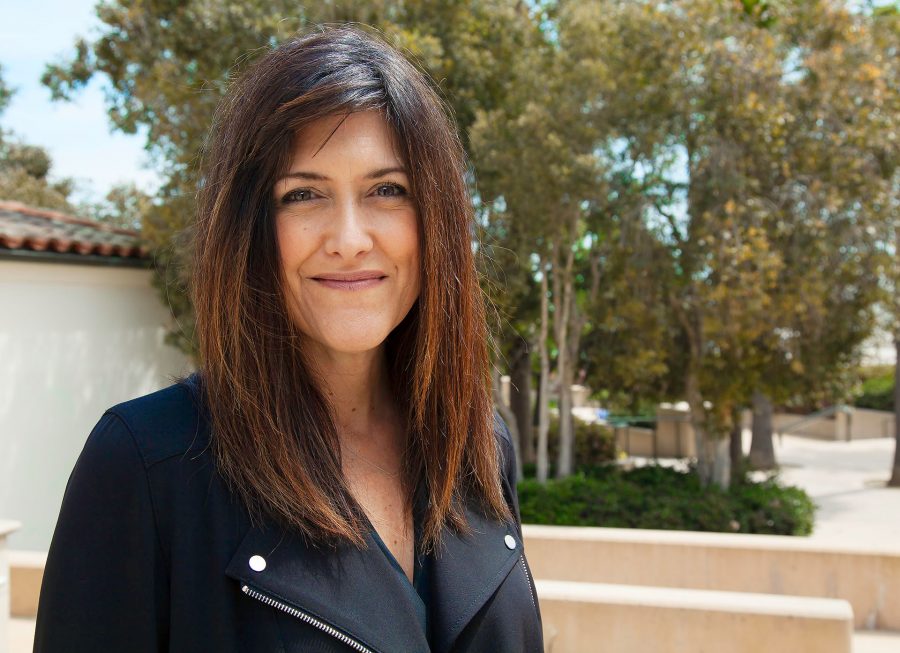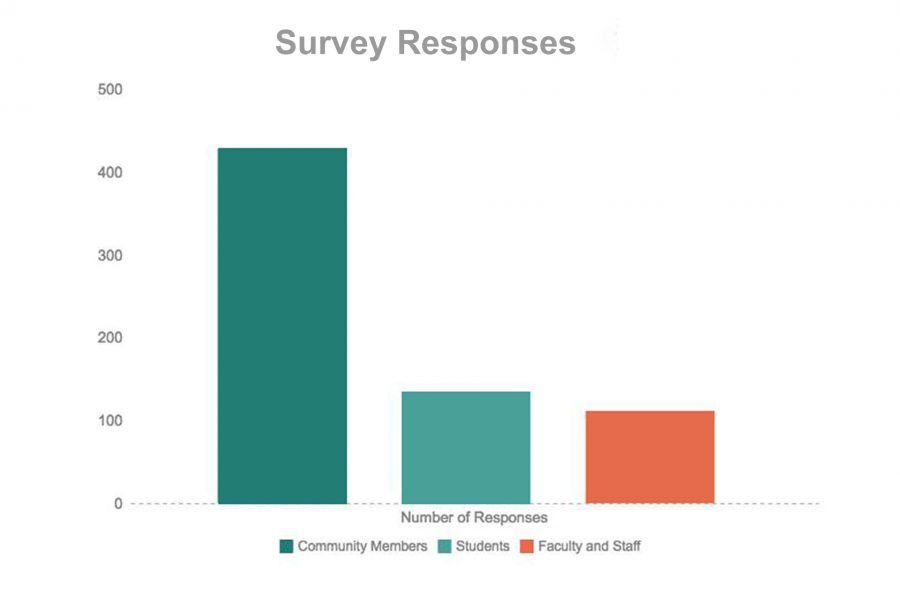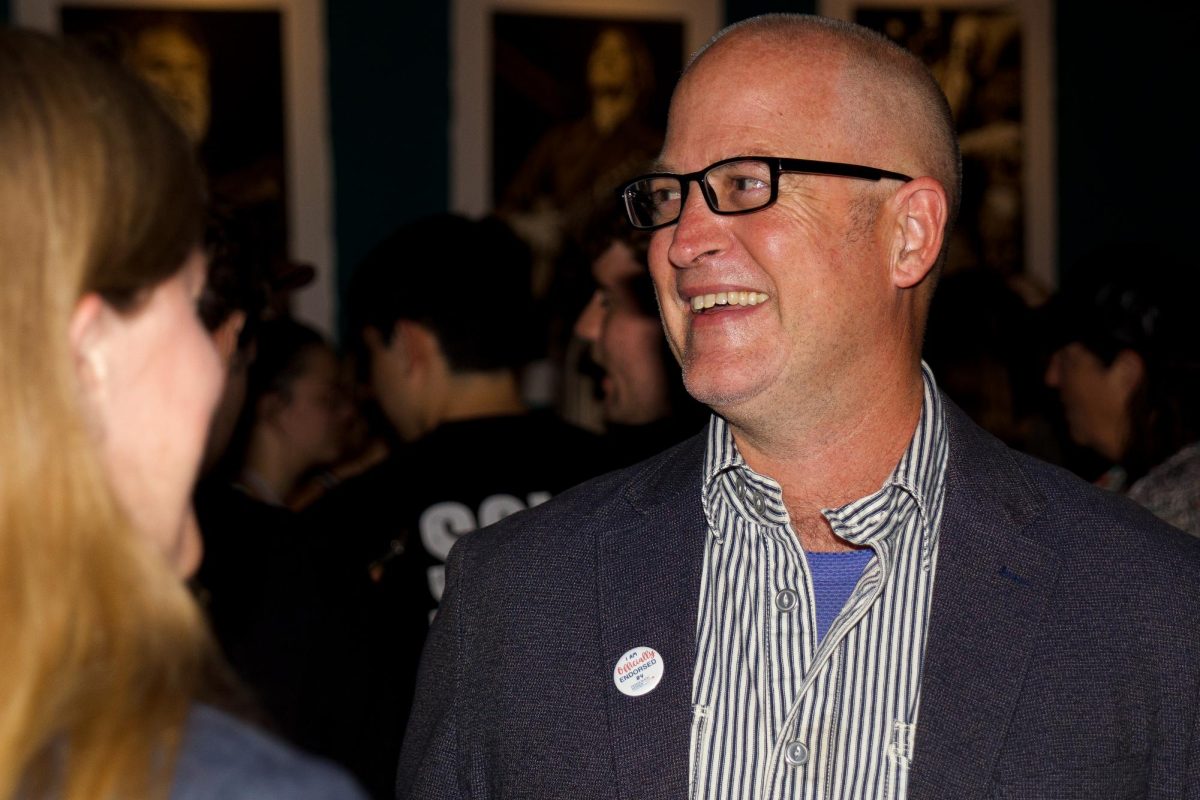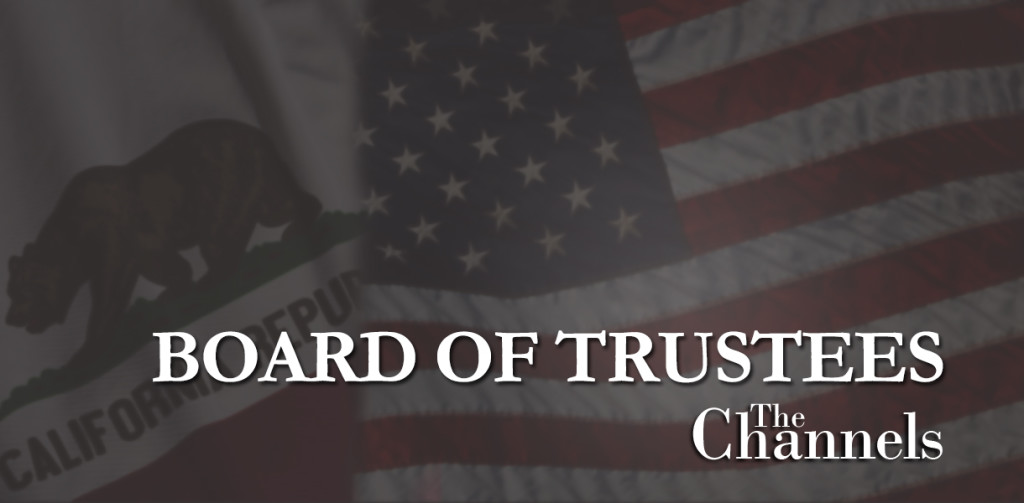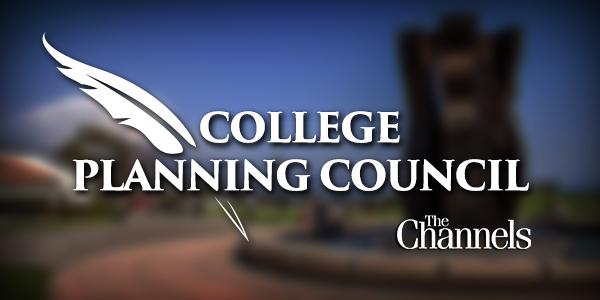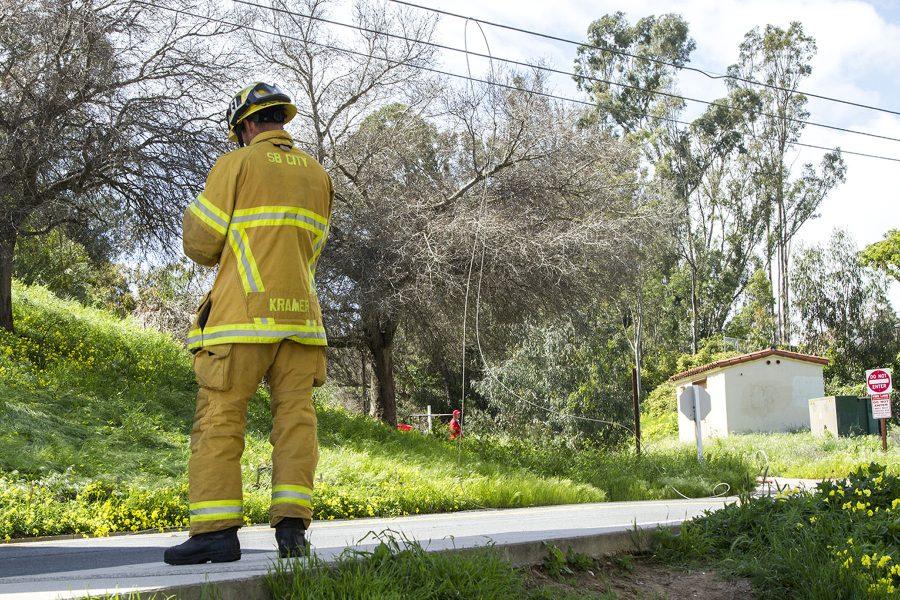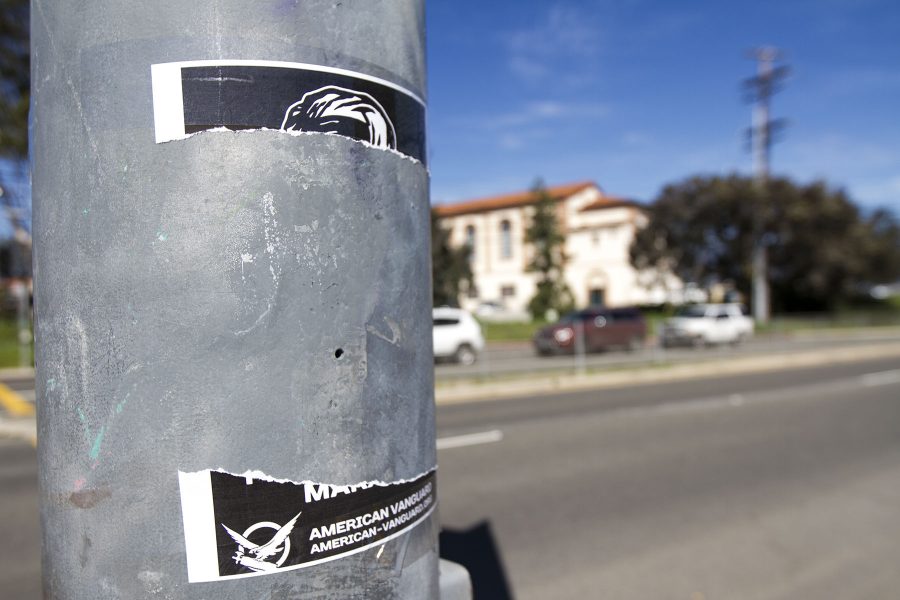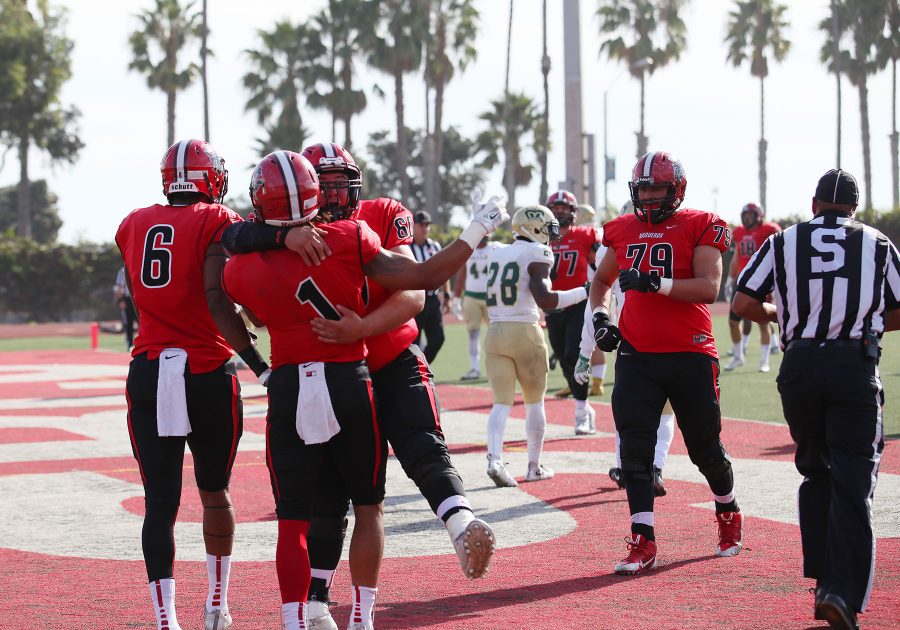City College invited the community to a forum that addressed the process and future of the college’s Program Location and Land Use Master Plan.
This was the second of three meetings held throughout the week, one at each of the school’s campuses.
Pamela Anderson-Brulé, president of the Anderson Brule Architects, began the evening with a presentation explaining what the master plan would include and the different elements of the project.
At the end of the presentation, members of the community had an opportunity to speak directly with representatives from the project. The open discussion was implemented so that the people neighboring any of the three college campuses would be informed about the future of the master plan. It also enabled a discussion between the community and the college about uncertainties.
Many concerns expressed by community members was the question if this project would expand the college’s size and population.
“We’re not growing something,“ said Anderson-Brulé. “We’re just reorganizing.”
Anderson-Brule also explained to the audience that this was merely the beginning of the project and that none of the scenarios presented at this point are certain.
The master plan was created in 2014 and is anticipated to take up to 15 years to implement in entirity. It consists of three steps — discovery, program, and process. The college recently entered phase two of the project. The main focus as stated by the college is to “re-allocate existing program spaces to improve the educational experience for all students.”
“We’re always looking for better ways to meet our students’ needs,” said Superintendent-President Lori Gaskin.
Many members of the audience were students from City College’s Center for Lifelong Learning. They raised questions about the future of the program and what consequences would develop through the master plan. However, their concerns were disregarded shortly when Gaskin explained that the future of the Center for Lifelong Learning was not endangered.
Discussions regarding disturbance in the areas surrounding City College were also addressed. Gaskin explained that the college is discussing solutions to this matter by utilizing the Neighborhood Task Force, but that it is not part of the master plan.
At the end of the forum, the audience expressed appreciation regarding City College’s effort to reach out to the community.
Similar meetings will also be held later on in the process of the master plan. The time and location is still to be determined.



